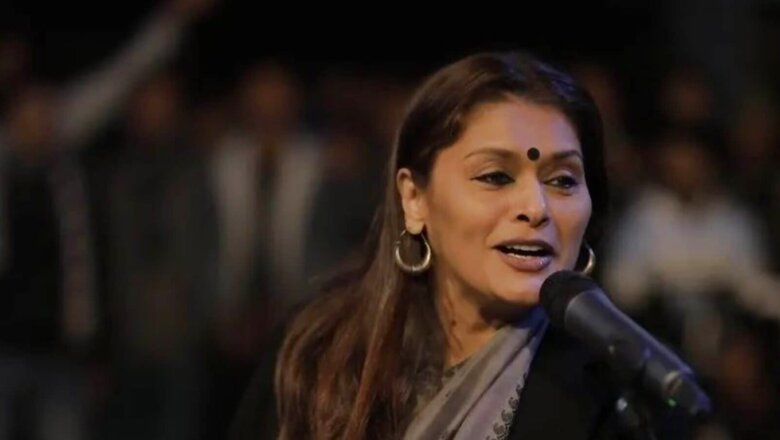
views
The Kashmir Files has been pulled into a variety of controversies even before its release. Directed by Vivek Agnihotri, the film is based on the exodus of Kashmiri Pandits from the Valley. It recently got a green light from the Bombay High Court for its scheduled release on March 11 following the dismissal of a petition which stated that it was a “propaganda piece that promotes hatred against Muslim community.”
However, Pallavi Joshi, the producer and actor of The Kashmir Files, is unfazed by the allegations and calls the film a rather “touchy” subject. She says that their main focus is to bring the sufferings that Kashmiri Hindus had gone through in the Valley in 1990 to everyone’s attention.
“We have only seen Kashmir through a political lens. We have seen Kashmir only as a disturbed area. We don’t know about a fourth place apart from Gulmarg, Srinagar, and Sonmarg in Kashmir. But there’s so much more than that. Unfortunately, India and Pakistan went through a terrible partition in 1947. However, the partition ended for us after a few months but it never ended for Kashmir,” Pallavi tells us.
Further elaborating on why making a film on Kashmir has always invited controversies, Pallavi says, “India and Pakistan were divided on religious grounds and that fight continued in Kashmir so there was always this division between the Hindus and the Muslims. The only thing is that while in the rest of India, Muslims were in minority, in Kashmir the Hindus were in minority. When the entire Operation Tupac was started by Zia-ul-Haq (Former President of Pakistan), the idea was to drive away all the Hindus from the Valley and merge Kashmir into Pakistan. Hence, terrorism started. The young boys and girls were radicalised by the terrorists into believing that we were giving you the separate Islamic State of Kashmir which never happened and is never going to happen because Kashmir is a part of India. If it hadn’t been such an important part of India, we wouldn’t have all our money, resources, and our Army going and stationed at Kashmir. So when this divide happened on the lines of religion, anything that you touch about Kashmir becomes one-sided.
“I’m yet to see a film that shows a Muslim point of view of the Valley as well as the stories of the people and the children who were born after 1990. Has anybody made a film on what they are going through?”
Pallavi, whose character motivates students to continue the movement and protests for an independent Kashmir in the film, says that she was approached by Kashmiri Pandits to make a film on this subject.
“We only knew about this tragedy in bits and pieces. The larger opinion was that Kashmiri Pandits left the Valley because of terrorism which was utter rubbish. They were forced to leave the Valley and they were forced with guns and swords. Today, we live in a cosmopolitan society and we are surrounded by diversity but that is not the picture of Kashmir because there’s no diversity there.
“So, the minute you want to make anything on Kashmir, and especially if you want to make something on the tragedy of Hindus and I’m calling it ‘the tragedy of Hindus’ because the reason it happened was because of their faith, and hence we are talking about Hindus so obviously there are going to be multiple questions that, ‘Oh, you will make a propaganda film.’ What is a propaganda film? Am I making the film for Hindu Rashtra? I’m just telling the story. When Jews make films on The Holocaust or Steven Spielberg makes a film on The Holocaust, nobody asks him if it’s a propaganda film. We have made a film about a section of society who has been displaced from their ancestral homes for the last 32 years and I feel it’s a very touchy subject,” Pallavi adds.
The Kashmir Files, also starring Anupam Kher, Darshan Kumar, and Mithun Chakraborty, has been screened at several places including the USA, Jammu, and Delhi, and Pallavi says the response has been “overwhelming”.
“We started the Indian leg from Jammu. Jammu was like the acid test for us. Everybody, who suffered (during the exodus), has now moved on to the other parts of the world but there are still a huge number of people living in Jammu and for them, it’s been the most difficult. For successful people, it’s still not okay but they have something to look forward to. But for the people in Jammu, I don’t know if there’s any future that lies ahead and all they want to do is go back to Kashmir.
“The best response that we could get was the hugs from the Kashmir Pandits after the movie. They would hug Vivek and me and keep crying over our shoulders and while it was difficult to deal with that emotion, it was almost like a seal of recognition that we have been honest to tell their stories,” Pallavi concludes.
Read all the Latest Movies News and Breaking News here










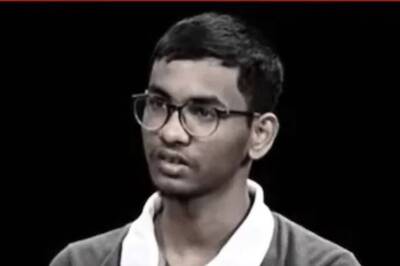

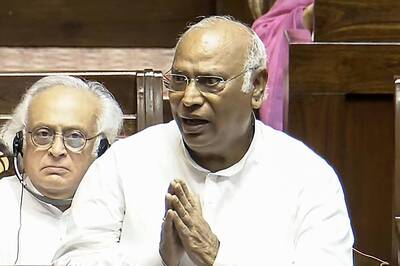

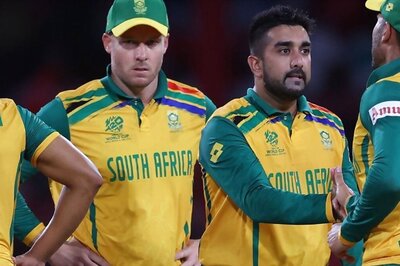
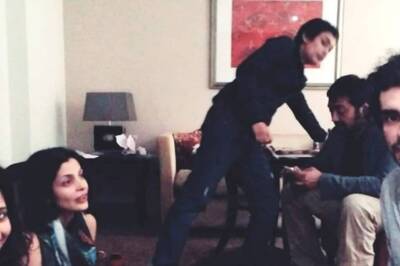
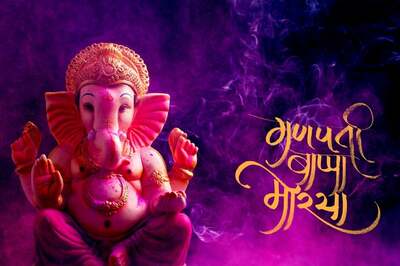
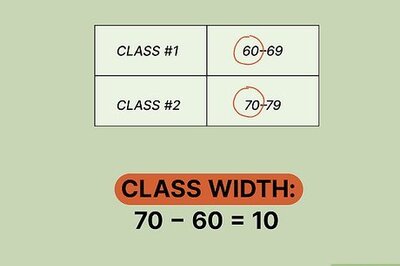
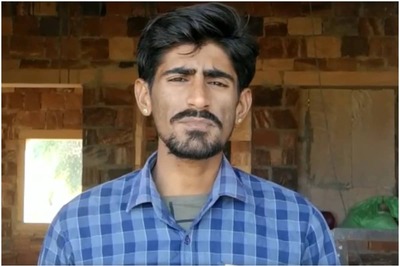
Comments
0 comment